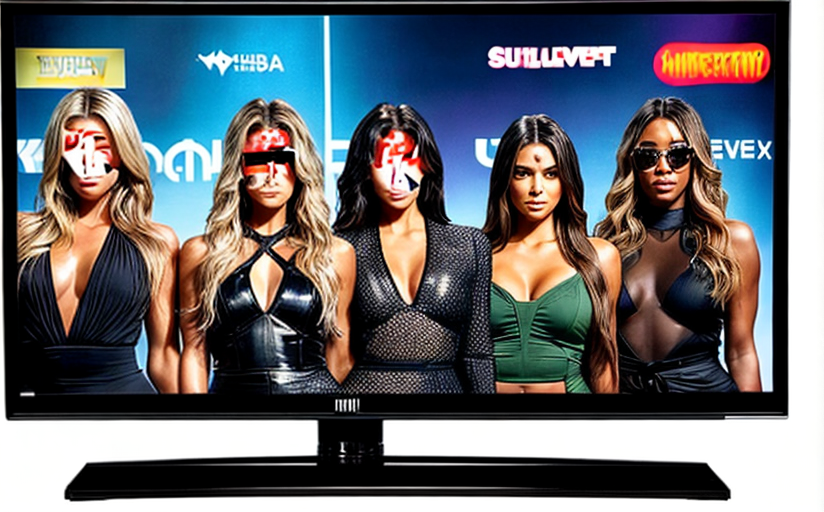The Evolution and Impact of Reality TV
In the mix of various genres in the television industry, reality TV stands out, its inception and evolution marked by relentless transformations over the years. The genre has not only had a profound impact on viewing habits but has actively shaped societal norms and expectations globally.
Inception and Evolution
Reality TV took root in the 1940s, with shows like Allen Funt’s Candid Camera. However, it was not until the 1970s, with shows such as An American Family, which unflinchingly documented the everyday life of a real American family, that the genre gained mainstream attention. The genre further evolved and expanded in the 1990s and 2000s, with the advent of shows like Survivor, Big Brother, The Bachelor, Jersey Shore and Keeping Up with the Kardashians.
Impact on Modern Society and Culture
Reality TV shows have shaped societal norms and expectations, partly by mirroring society's evolving cultures and values. Through constant exposure to such shows, viewers have adapted their behavioral patterns and expectations about human relationships and societal norms. Shows like The Apprentice have influenced viewers’ views on success and competition, while others like The Bachelor have shaped notions of romance and relationships.
Reality TV: Mirror and Molder of Society
Reality TV is both a mirror reflecting societal trends and a mechanism molding societal perceptions. On one hand, these shows reflect the cultural milieu in which they are produced - whether it’s the valorization of affluence in Keeping Up with the Kardashians or the cut-throat competition in The Apprentice. On the other hand, reality TV narratives and contestants’ behavior often perpetuate stereotypical behaviors and norms -- influencing viewers' perceptions of human relationships, societal roles, and acceptable behavior.
Criticisms and Response
The reality TV genre has drawn criticism for its perceived lack of authenticity, sensationalism, and potential harm to participants. Critics argue that reality TV promotes a culture of voyeurism and exploits its participants for entertainment. Further, the culture of bullying, physical altercations, and strategic deception seen in some shows such as Big Brother can send troubling messages to viewers.
In response to these criticisms, the industry has taken steps such as incorporating psychological support for participants, clearly stating that shows are ‘based on real events’ to acknowledged scripted elements, and promoting more positive, inspirational content through reality shows such as Queer Eye and Tidying Up with Marie Kondo.
Conclusion
The evolution of reality TV showcases television’s ability to adapt, innovate, and reflect societal changes. Despite criticisms, reality TV remains a mainstay of popular culture, impacting viewer behavior, societal norms, and expectations. As long as audiences continue seeking relatability and authenticity combined with entertainment, the genre will continue to evolve and proliferate.


















Comments
Leave a Comment